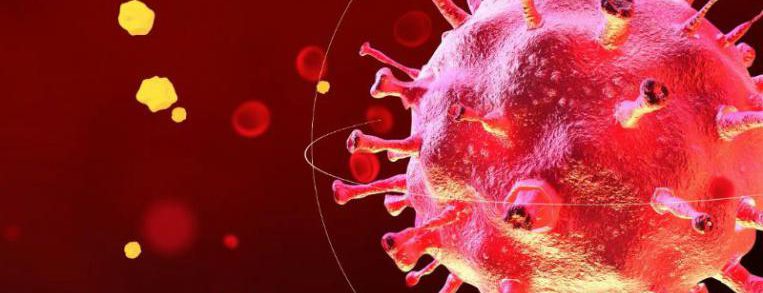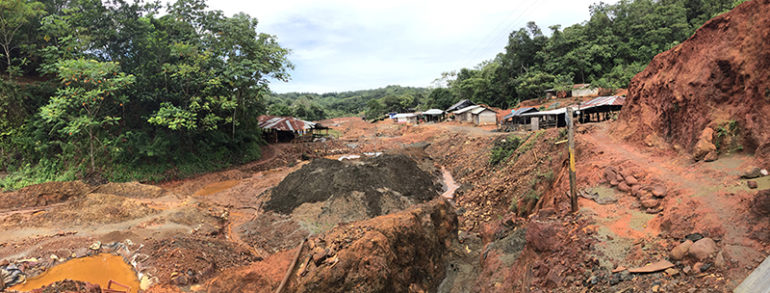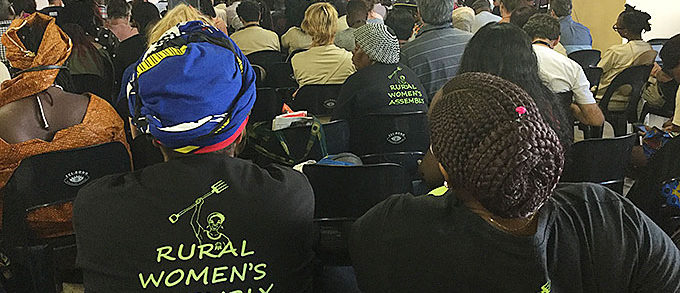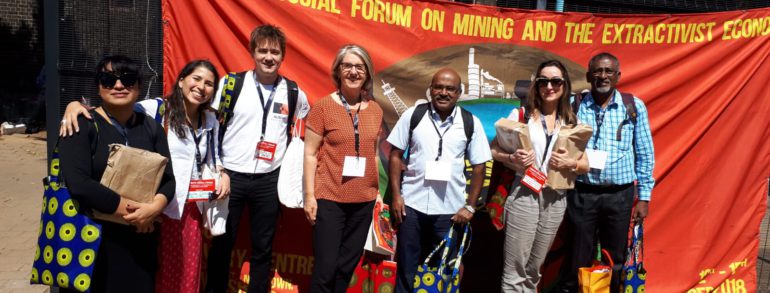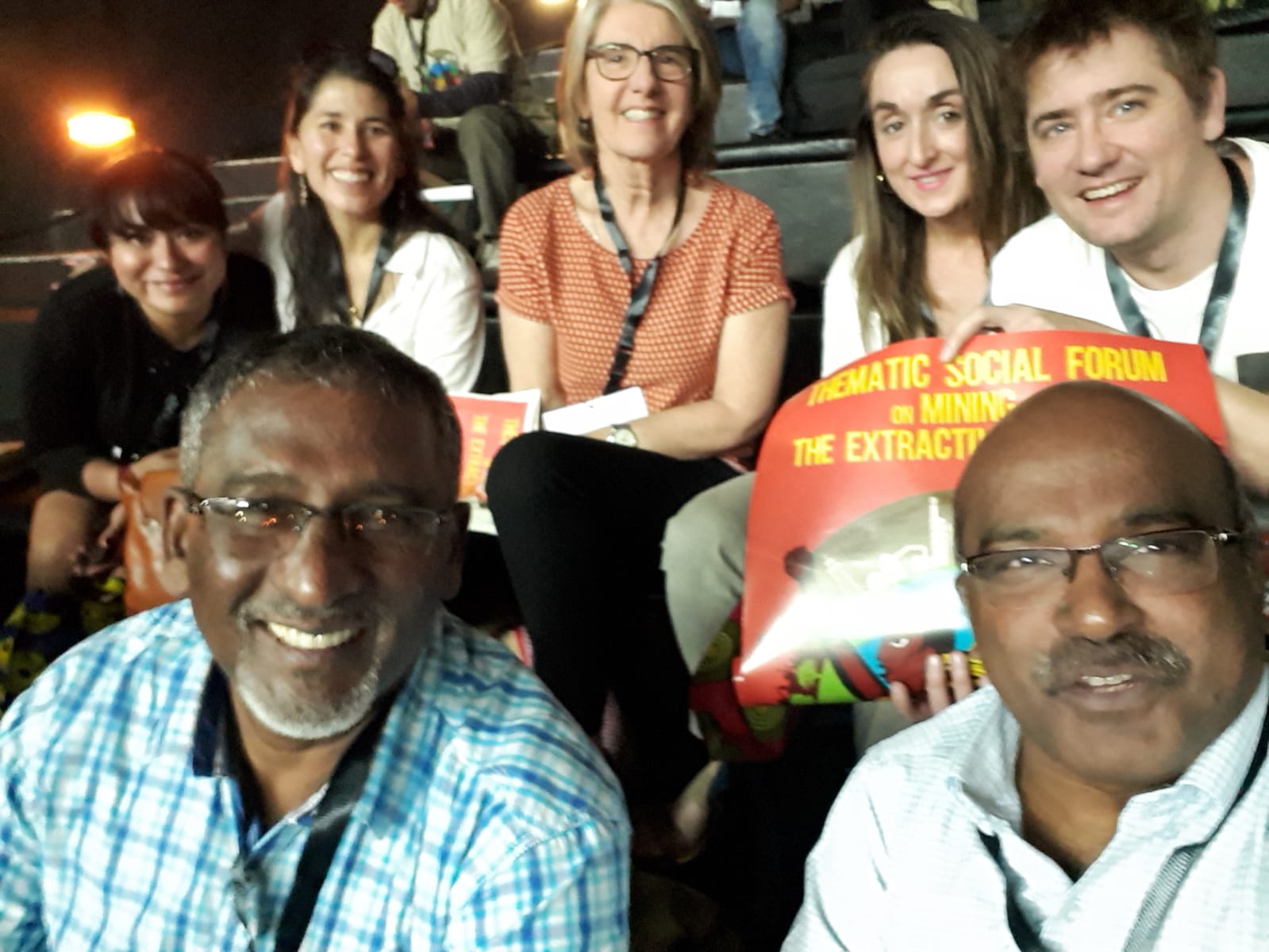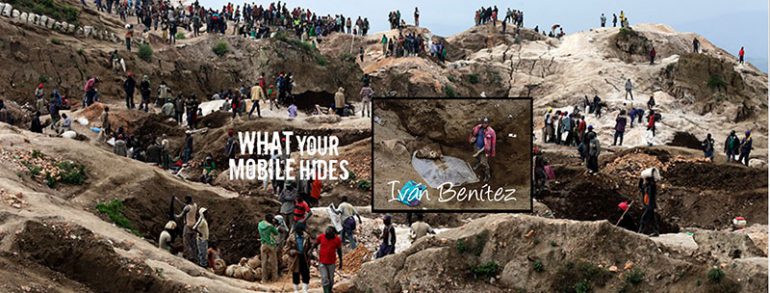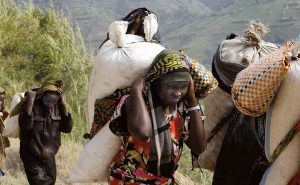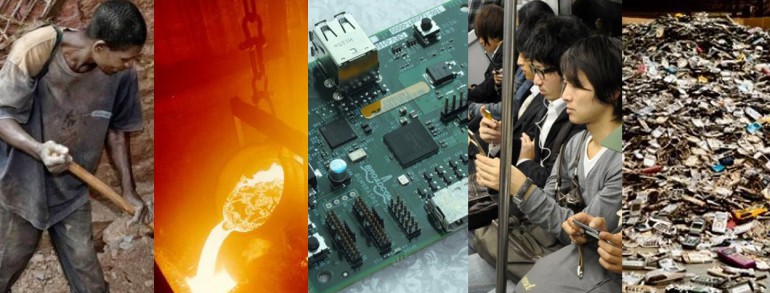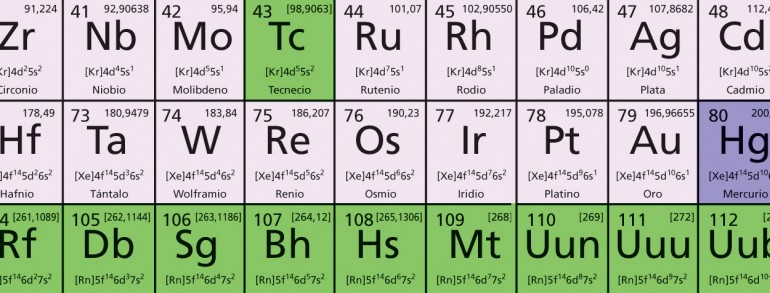We’ll be at the largest circular economy conference in Southern Europe.
At Alboan, we’re excited to announce our participation in the Basque Circular Summit 2025, the leading event on circular economy in Southern Europe. The summit will take place on April 2, 3, and 4 at the Euskalduna Palace in Bilbao. This open-access conference will bring together hundreds of professionals and experts from the industrial and environmental sectors to explore the implications of the transition to a circular model in Europe.
With deep roots in the Basque Country and Navarra, Alboan works in partnership with organizations across 22 countries in Latin America, Africa, and India to promote an alternative development model based on eco-social justice. Our work focuses on supporting over 600 social, solidarity-based, and circular economy initiatives, particularly alongside women facing exclusion and vulnerability. Through our collaborative efforts, we help build sustainable production models that create decent jobs and foster environmental stewardship.
Additionally, Alboan develops local initiatives and partnerships to raise awareness about the urgent need for a fairer and more sustainable economy. Our advocacy efforts aim to transform the structures that drive inequality and environmental degradation, encouraging a critical and responsible approach to consumption and production.
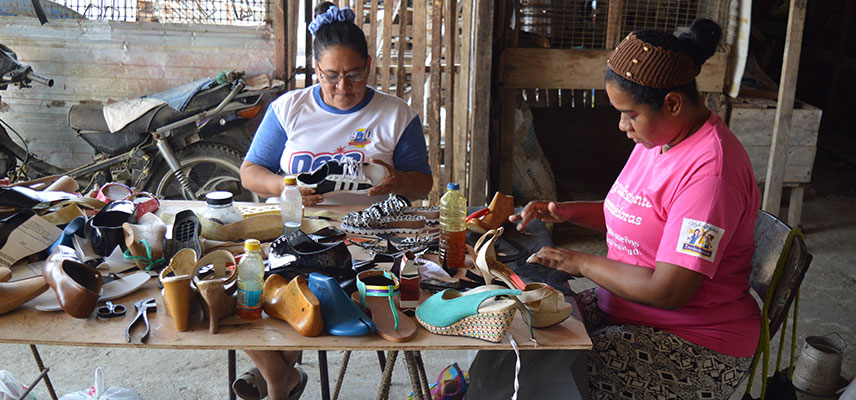
Alboan’s Presence at the Basque Circular Summit 2025
Beyond participating in the main conference program, Alboan will have a dedicated space at the Basque Circular Village, where attendees can gain deeper insights into our work in circular and social economy. Over the course of the three-day event, we will host talks and panel discussions covering key topics such as electronic device reuse and recycling, the Due Diligence Law, and circular economy experiences in socially vulnerable regions, among other pressing sustainability and social justice issues.
Moreover, Alboan will have a prominent role in the main conference hall, delivering a keynote presentation on the social and environmental impact of the circular economy. This session will highlight our Conflict-Free Technology program and the Mobile Phones for the Planet campaign, both of which seek to minimize the negative footprint of the tech industry while promoting more responsible consumption.
The Basque Circular Summit 2025 is a unique opportunity to reflect on and drive progress toward a fairer, more sustainable economic model. At Alboan, we remain committed to social transformation and building a more equitable future for all. We look forward to seeing you there!

